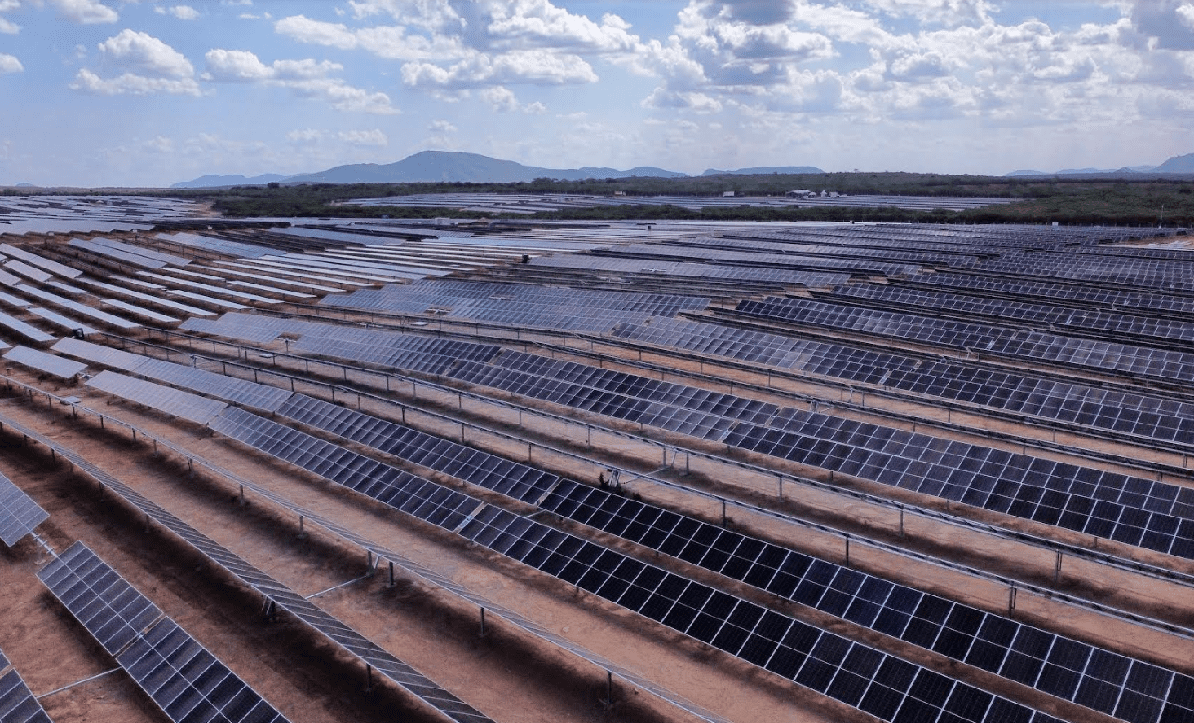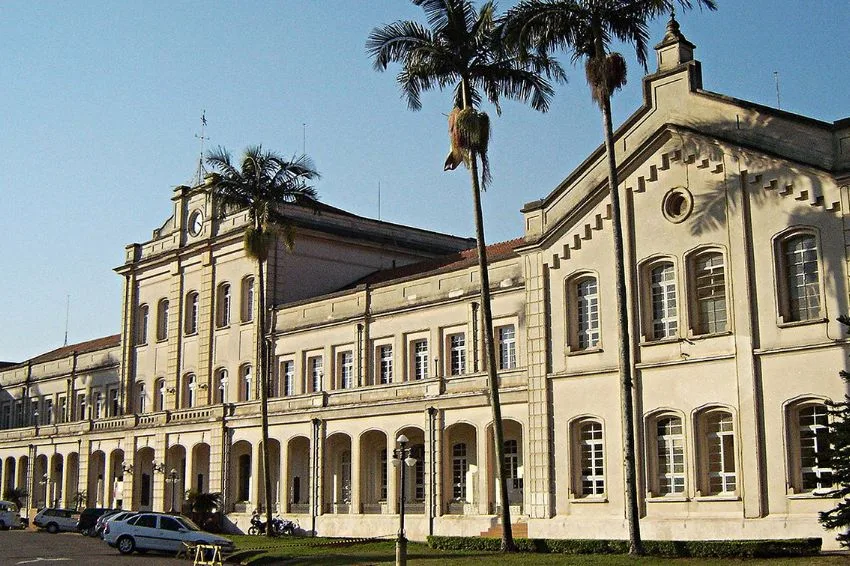A Compesa (Companhia Pernambucana de Saneamento) is the first company in sanitation in Brazil The use power plant self-production for electricity, at the regime PPP (Public-private partnership). A power plant he was opened in Flores, in Sertão do Pajeú, at the beginning of February.
A self-production power is adopted by companies as an alternative for reduce costs across renewable energy, which also has the decarbonization focus. The action is obtained through the free energy market and is regulated by ANEEL (National Electric Energy Agency).
The São Pedro e Paulo solar park has the capacity to produce 7 MW. To reach this amount, the project received 10,000 solar panels for energy generation and was built in an area corresponding to 12 football fields. It is as if this park supplied 11 thousand medium-sized homes per year.
The project is the result of a PPP, which resulted from a lease between Compesa and Consórcio Pernambuco Energia. The project received investment of R$ 26 million. This investment will result in savings of approximately R$ 2 million per year.
Compesa, the largest consumer of electricity in Pernambuco, aims to achieve, this year, the production of 70% of energy used, produced by renewable sources, which will supply 86 of the company's consumer units.
“We will spend less on energy and will spend in line with sustainability. This is a commitment from Compesa. This is an unprecedented partnership, which puts us on the path to this very important topic, which is sustainability”, said the president of Compesa, Alex Campos.

Next steps
The second stage refers to two other plants, also installed in Flores. They will have a capacity of 60 MW, with around 90 thousand solar panels and are expected to be delivered by the end of 2025.
The third stage of the project will be installed in Garanhuns, in the countryside of Pernambuco, and will have 68 MW of installed power, with more than one hundred thousand solar panels.
Together, the Flores and Garanhuns solar plants will generate 320 GWh per year. This generation would supply 175,000 medium-sized homes per year.
Over 29 years, the company expects to save R$ 1.1 billion. With investments from this and other ongoing initiatives, the company expects to save R$ 7.8 million per year.
All content on Canal Solar is protected by copyright law, and partial or total reproduction of this site in any medium is expressly prohibited. If you are interested in collaborating or reusing some of our material, we ask that you contact us via email: [email protected].














